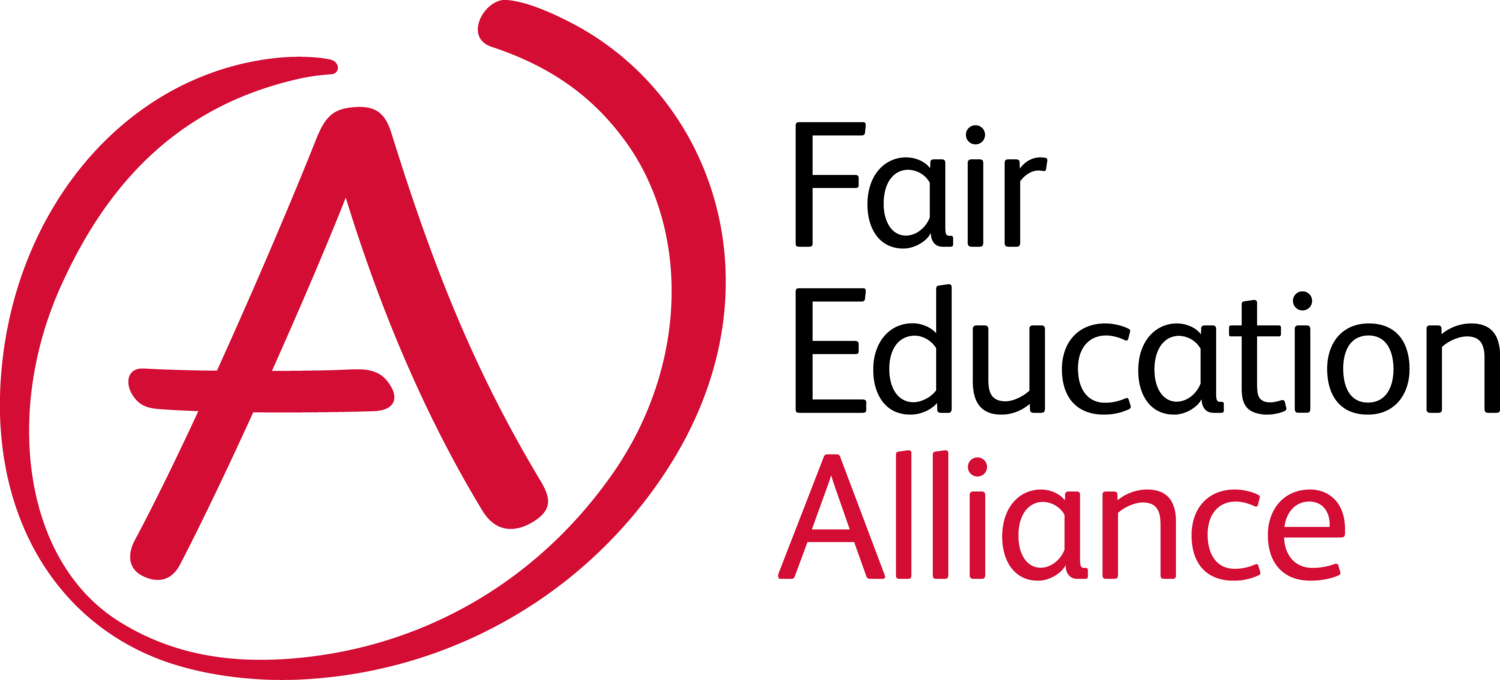Grammar Schools Campaign
In September 2016, following news that the Government was planning to lift the ban on the creation new grammar schools, we launched a national campaign of opposition including an opposition rally and the publication of an open letter in The Times. In June 2017, it was announced that the government had abandoned its plans to create a new wave of grammar schools.
We strongly believe that an expansion of grammar schools would lead to worse outcomes for the majority of children, especially the poorest. Grammar schools select only a tiny proportion of children for the best education, leaving others with a second rate choice.
Even with quotas, poorer children will have a harder job of getting into these schools. And for the overwhelming majority of children who don’t get in, the evidence is clear that they get worse grades and a worse education. The money being set aside for grammar schools is a significant resource which could be far better invested in the things which are proven to make a difference to the most disadvantaged young people.
In May 2018, we were again vocal when it was announced that funding would be made available for existing grammar schools to expand. We released a further statement in August 2018 when the BBC published analysis which showed that grammar school places in England had grown by more than 11,000 since 2010.
Primary Literacy and Numeracy (IG1)
Literacy (1a)
The National Literacy Trust leads our literacy working group for Impact Goal 1, and in December 2017, launched the Read On. Get On. (ROGO) Index, a new robust measure of children’s reading at age 11 in England that looks at cognitive skills, affective processes and reading behaviours.
The ROGO Index shows that:
Children’s reading skills have remained consistent over the past three years according to reading skills data from GL Assessment and Renaissance Learning. National curriculum reading scores declined from 2015-2016 owing to the introduction of the higher standard of the new national curriculum tests
Children’s levels of reading enjoyment (75%) and daily reading frequency (50%) are both lower than their levels of cognitive reading skills (85%)
Girls outperform boys in all areas of reading
Numeracy (1b)
Our Numeracy working group for Impact Goal 1, led by Achievement for All and KPMG, is working to identify and share best practice early years and primary mathematics teaching and learning case studies. The focus is on the development of maths culture across the setting or school and how this strongly contributes to raising children’s achievement and enjoyment of maths. The examples can include whole setting or school approaches as well as effective interventions.
In February 2017, they published a report calling for the adoption of a number of policies to drive progress in closing the numeracy attainment gap:
Creation of a national maths professional development programme
Changes to Ofsted's inspection framework
Development of parental engagement
A focus on continuity in the primary to secondary transition
Action research in schools , and individual research projects by teachers
In September 2018, they produced a series of early years numeracy CPD videos for EY managers, teachers and practitioners:
Emotional health, wellbeing and character in education (IG3)
Our Impact Goal 3 working group, led by Family Link and Canterbury Christchurch University, surveyed more than 500 school staff about social and emotional health in education, and in June 2017 published the results.
Our report identifies some of the reasons why emotional health remains a significant issue in the education system, where there is existing good practice, and provides support for school staff and policy makers to take action.
The key findings were:
Insufficient time (71%) and a lack of available budget (59%) were cited as the biggest barriers to addressing Social and Emotional wellbeing in schools.
94% thought it was very important to identify children who require specialist support for wellbeing or social and emotional development.
Having clear next steps for pupil development (83%) and being easy to use (70%) were identified as being the key priorities for social and emotional wellbeing measurements.
University Admissions (IG5)
Contextualised Admissions
Our Impact Goal 5 working group, chaired by the Access Project, commissioned research into the use of contextualised admissions by universities.
The research was carried out by the University of Exeter, and our report, published in July 2018, called for action to improve the effectiveness of use of contextual data based on best practice from across the sector.
Our recommendations included:
Public buy-in and Office for Students (OfS) support for the practice
Improved access to relevant data for institutions
Accountability for institutions on relevant data measures
Increased transparency for applicants
Press coverage:
University entry 'should be background, not just exams' - BBC News
Universities told to lower offers for poor - The Sunday Times
Make greater use of contextual admissions, English sector told - Times Higher Education
Give more places to disadvantaged students, watchdog urges universities - The Guardian
University offers should look at students’ backgrounds, not just A-level grades - The Independent




